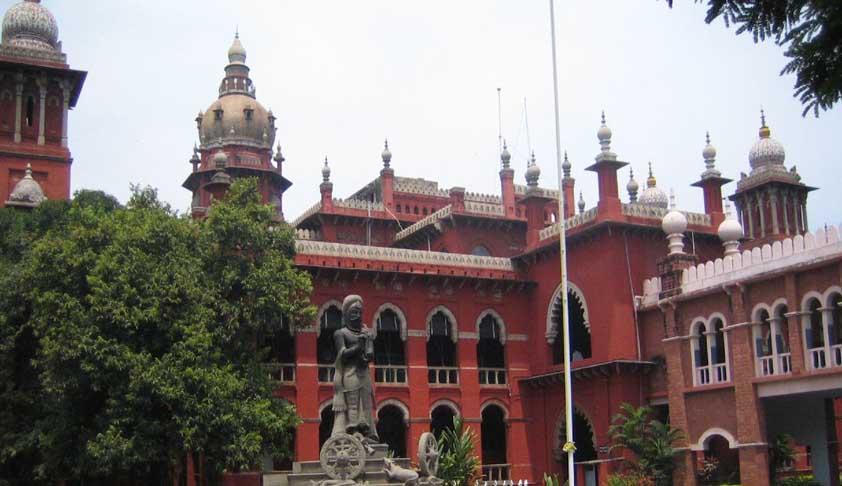Proposed Judicial Appointments Commission opposed by Madras Bar Association
LIVELAW NEWS NETWORK
29 Oct 2013 1:36 PM IST

Next Story
29 Oct 2013 1:36 PM IST
Strong words of opposition have been heard from the Madras Bar Association which is completely against the proposed amendment to the Constitution to overhaul the present system of appointment of judges to high courts and the Supreme Court.The 150-year-old Madras Bar Association (MBA), in its memorandum to the Parliamentary Standing Committee on the Amendment Bill, said the composition of...
